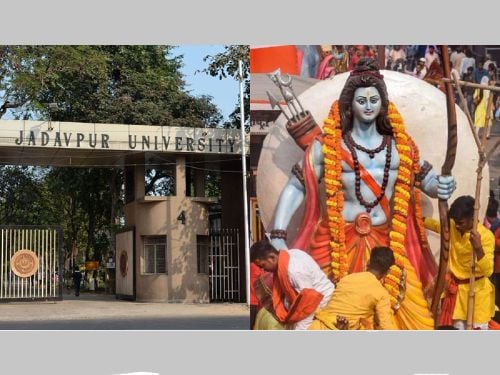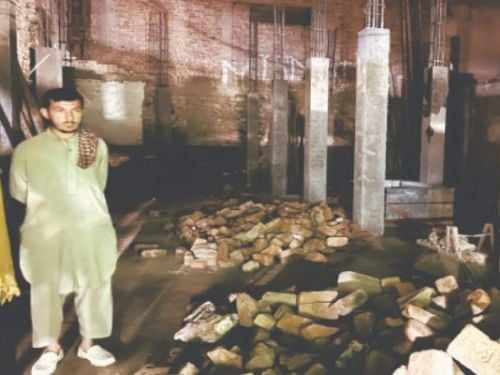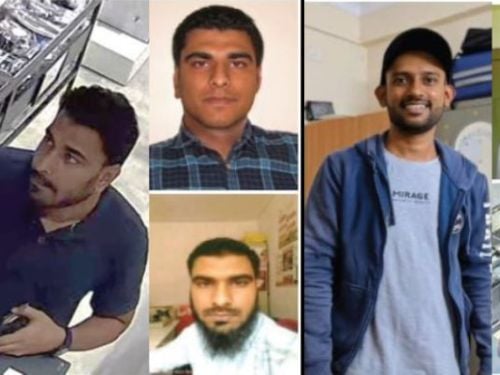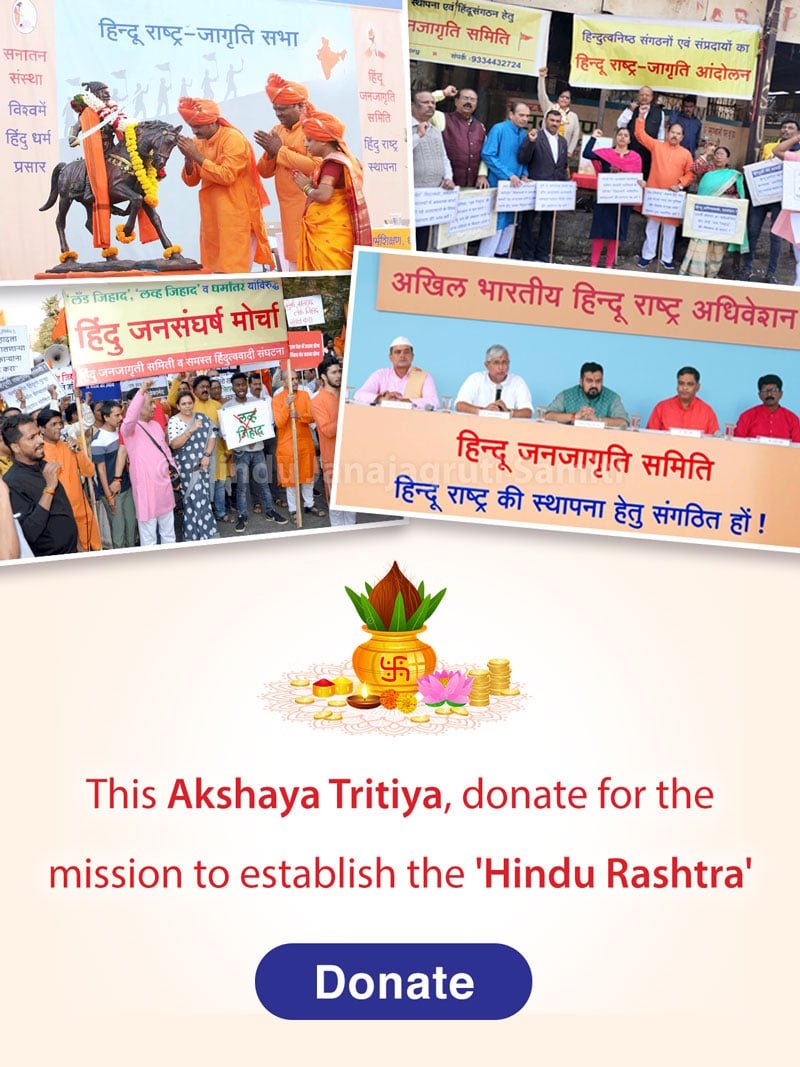
The Minority Affairs Ministry, through an internal investigation, busted one of the biggest minority scholarship scams in India. The Ministry’s internal enquiry revealed that around 830 institutions involved in the process were involved in deep-rooted corruption and embezzled Rs 144.83 crore in the past 5 years. The Ministry also found out that around 53 percent of beneficiaries of minority scholarships in the country were fake.
Following the development, Union Minister Smriti Irani promptly ordered a Central Bureau of Investigation (CBI) probe into this matter.
According to a report in India Today, the Minority Affairs Ministry officially lodged its complaint in the matter on the 10th of July. In its internal investigation, the Ministry probed various institutions in 100 districts across 34 states. Reportedly, around 1572 institutions were probed for any kind of wrongdoings. Out of them, around 830 institutions were found to be allegedly involved in fraudulent activities. These data were received from 21 out of 34 states/UTs, the institutions in the remaining states/UTs are still under investigation.
To avoid the destruction of evidence, the authorities have frozen all the accounts linked with these 830 institutions currently in the dock.
Notably, the scholarship program under the Minority Ministry covers around 1,80,000 institutions. Launched in 2007-08, the initiative provides scholarships to students from class 1 to higher education.
During Ministry’s internal investigation, it was found that these fake beneficiaries were claiming the scholarships meant for minority students every year.
Following approval from Union Minister Smriti Irani, the CBI will investigate the nodal officers of these institutions who issued approval reports, the district nodal officers responsible for verifying the fraudulent cases, and the manner in which various states allowed this scam to continue for multiple years. The corruption in this case appears to have penetrated multiple levels of the system.
It is alleged that district nodal officers and institutions were verifying scholarships without conducting thorough on-ground scrutiny.
Additionally, the Union Ministry has also raised objections on several banks that allegedly allowed the opening of fake accounts for these fraudulent beneficiaries. All of this reportedly happened with the help of fake Aadhar cards and KYC documents.
As per media reports, these institutions were either non-existent or non-operational yet they managed to get registered on both the National Scholarship Portal and the Unified District Information System for Education (UDISE) and this will be thoroughly probed by the central agency on how all this was allowed to happen and who are responsible for this scam.
State-wise analysis
The data becomes scarier as in many states more than half of the registered institutions were found to be fake or non-existent, for example,
- Chhattisgarh (100%)
- Rajasthan (77.34%)
- Assam (68%)
- Karnataka (64%)
- UP (44%)
- West Bengal (39%)
Multiple Red Flags during investigation
As further reported by India Today
In Malappuram, Kerala, one bank branch disbursed 66,000 scholarships. These were higher than the registered number of minority students eligible for scholarships.
In Anantnag, Jammu, and Kashmir, a college received 7,000 scholarships despite having 5,000 registered students.
One phone number of a parent was associated with 22 children, interestingly all of them were supposedly in class IX.
An institution received hostel scholarships for every student despite the absence of a hostel.
In Assam, a bank branch allegedly had 66,000 beneficiaries. When the verification team attempted to verify student details they were allegedly threatened by the Madrasa.
In Punjab, despite being enrolled not in schools, minority students received scholarships through this illicit nexus.
Source : OpIndia

 Md Farooq Sheikh from Gujarat poses as an army major to smuggle liquor from Maharashtra
Md Farooq Sheikh from Gujarat poses as an army major to smuggle liquor from Maharashtra Jadavpur Univ revokes permission to celebrate Ram Navami on campus after granting it
Jadavpur Univ revokes permission to celebrate Ram Navami on campus after granting it Chhattisgarh: Naxal top commander along with 28 other Naxals killed in a joint operation
Chhattisgarh: Naxal top commander along with 28 other Naxals killed in a joint operation Pakistan: Ancient Hindu temple in Khyber Pakhtunkhwa demolished for commercial complex
Pakistan: Ancient Hindu temple in Khyber Pakhtunkhwa demolished for commercial complex Rameshwaram cafe blast: NIA arrests bomber Mussavir and mastermind Abdul
Rameshwaram cafe blast: NIA arrests bomber Mussavir and mastermind Abdul UK: Over 50 children were sexually abused by paedophile catholic monks for decades
UK: Over 50 children were sexually abused by paedophile catholic monks for decades